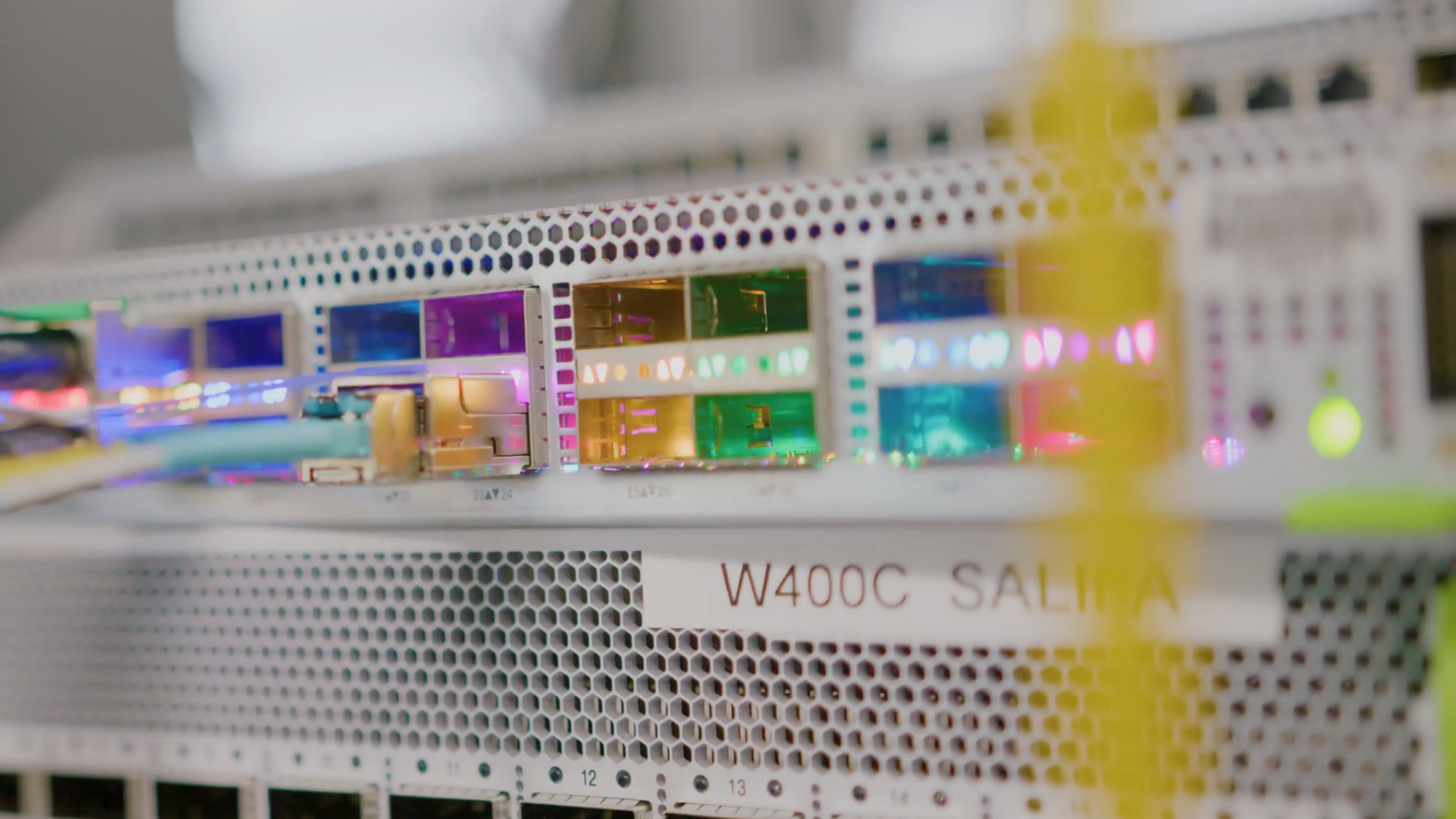Meta's Bold AI Investment: What You Need to Know for 2025!
In a thrilling move that could reshape the landscape of artificial intelligence, Meta Platforms is poised to unleash a staggering $65 billion investment in AI infrastructure by 2025. This represents a jaw-dropping 60% increase from its projected spending in 2024, signaling an aggressive push in the AI arms race among tech giants.
In a strategic collaboration with Broadcom, Meta is designing its own AI accelerators to ensure lightning-fast recommendations on platforms like Facebook and Instagram.
As Meta ramps up its capabilities, 1.3 million GPUs will bolster its data centers, a leap from 600,000 in 2024. With NVIDIA leading the charge, its cutting-edge chips promise 30 times the performance while consuming 25 times less energy, making them the go-to choice for Meta’s ambitious endeavors. But Meta isn’t stopping at off-the-shelf technology; it’s also designing its own AI accelerators in collaboration with Broadcom, ensuring that platforms like Facebook and Instagram continue to evolve with lightning-fast recommendations.

Yet, it’s not just about chips. To maintain seamless data flow in sprawling data centers, Meta partners with Arista Networks, aiming for optimized performance at every turn.
Key Features and Innovations
– Massive GPU Expansion: Meta plans to expand its GPU count to 1.3 million, doubling down on the projections from 2024. This scale of investment emphasizes the importance of computational power in driving AI advancements.
– Custom AI Accelerators: Collaborating with Broadcom, Meta will design proprietary AI chips. This strategy aims to enhance performance metrics while optimizing energy consumption, which is critical for sustainability.

– Partnership with Arista Networks: The partnership focuses on optimizing data flow in Meta’s vast data centers, ensuring efficiency and reliability in delivering AI-driven services.
Pros and Cons of Meta’s AI Strategy
Pros:
- Enhanced Performance: The anticipated 30 times performance increase, coupled with reduced energy usage, positions Meta to lead in efficiency.
- Growth Opportunities for Investors: Companies like NVIDIA, Broadcom, and Arista Networks could see substantial stock boosts, presenting investment opportunities.
Cons:
- Market Volatility: The high valuations of tech stocks could lead to risks, especially if market conditions fluctuate.
- Dependence on Technology Partners: Relying heavily on NVIDIA and Broadcom might expose Meta to risks related to supply chain issues and technological advancements.
Market Forecast and Trends
Analysts predict that demand for AI infrastructure will quadruple by 2025, with Meta at the forefront. As businesses seek more robust solutions for data handling and machine learning capabilities, the market for AI technology is expected to soar. Innovations in AI chips will play a critical role in this evolution, potentially reshaping various sectors, from social media to cloud computing.

Use Cases and Applications
– Social Media Optimization: Improved recommendation algorithms on platforms like Facebook and Instagram.
– Data Analytics: Enhanced data processing for businesses using Meta’s AI tools, leading to smarter decision-making.
– Consumer Experience: Greater personalization in user interactions, increasing engagement and satisfaction.
Important Questions
1. What are the potential impacts of Meta’s AI investments on consumer technology?
– Meta’s investments are likely to enhance user engagement through improved algorithms, making platforms more interactive and personalized.
2. How should investors approach the AI technology market following Meta’s announcement?
– Investors should conduct thorough analysis on the stability of tech stocks, keep abreast of market trends, and consider diversifying portfolios to mitigate risks associated with high valuations.
3. What challenges could Meta face in executing its ambitious AI plans?
– Potential challenges may include supply chain disruptions for chips, advanced competition in AI from other tech giants, and regulatory scrutiny regarding data privacy and monopolistic practices.
Conclusion
Meta’s substantial journey into AI could redefine several technology sectors and investment landscapes. With advancements in hardware, innovative partnerships, and a commitment to sustainability, the trajectory looks promising yet requires careful navigation through the inherent challenges of rapid technological growth.




















